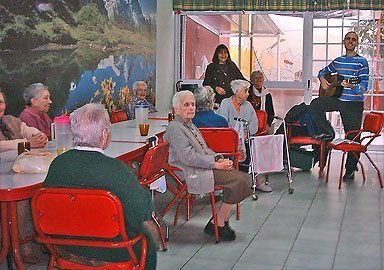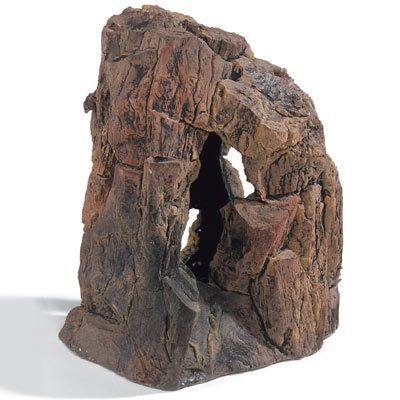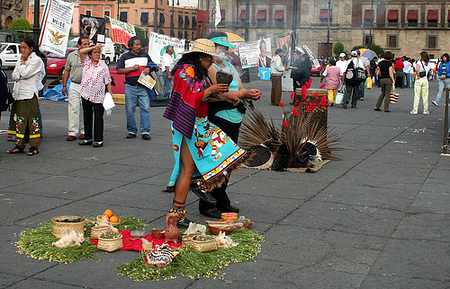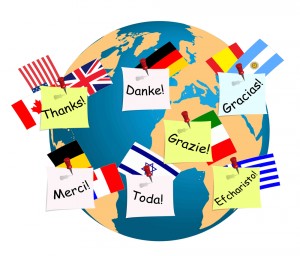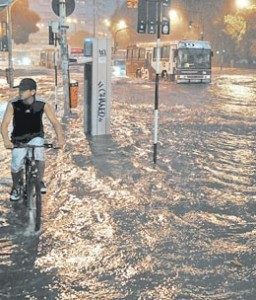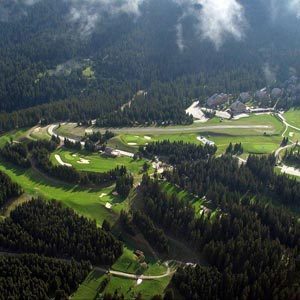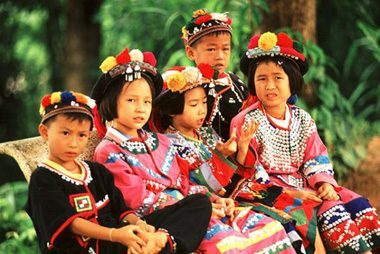 Linguistics, which is the discipline that par excellence is dedicated to the exhaustive study of the languages of a geographical place, and by exhaustive we mean that it carries out historical studies and analysis of it, as it could not be otherwise. study of dialects, variants of a language and that arise together with the speech of that language and that in many cases even dominate a geographical area over the official language.
Linguistics, which is the discipline that par excellence is dedicated to the exhaustive study of the languages of a geographical place, and by exhaustive we mean that it carries out historical studies and analysis of it, as it could not be otherwise. study of dialects, variants of a language and that arise together with the speech of that language and that in many cases even dominate a geographical area over the official language.
Basic considerations about the dialect
So, the dialect is that variant of a language that is mainly associated with a geographical area.
Meanwhile, another of the references that is attributed to the term is the one that maintains that the dialect is that linguistic structure that does not reach the social category of language.
Basically, the dialect consists of a system of signs dismembered from a common language, mother, either alive or disappeared and that presents a specific geographical limitation, for example, Milanese, is the dialect that is spoken in northern Italy and that in many words it has different names with respect to the traditional Italian language. Thus, the term used to designate a table will not be the same with which it is designated in the Milanese dialect.
Either the number of speakers, such as the dialect area in question, can be variable and, in addition, the dialects can be subdivided into other dialects or sub-dialects.
Factors involved in the differentiation of dialects
Among the main causes of this dialect differentiation are: the origin of the settlers; the influence of another language on a part of the linguistic domain, for example, the closeness with another people that presents a different language but that due to constant interaction has caused both languages to merge and become involved and interacting, also giving rise to a mixture of both, for example, and lead to a dialect.
This last case is one of the most common factors that lead to the appearance of a dialect in a given area. Two different countries, with different customs and histories but that coincide in their geographical proximity, only a formal geographical limit puts them on one side and the other, but in practice they are very close and in constant exchange and then that causes it to be generated a very strong and shared form of personal communication.
How can a dialect be declared valid?
There are three criteria for determining whether two linguistic systems are independent dialects or languages: be mutually intelligible without the need for prior learning, being part of a politically unified territory and possessing a common writing system.
The dialect, an element for social differentiation
It is also worth noting that in some situations or contexts the dialect can be used as an emblem of social differentiation, especially by those who belong to the upper class and want through this method to demonstrate the difference they present with individuals from the lower class. Specialists in the field formally call it a prestigious dialect and maintain that it is used by those people who hold prestige precisely or who belong to the upper classes of a certain community in which several dialects coexist and then, therefore, differentiation, to not to be confused with the lower classes.
We only have to witness conversations between individuals belonging to opposing social classes, such as the upper and lower classes of a society, to directly come across many differences in the use of language and also with the use of an original dialect typical of the class that will undoubtedly be very difficult to decode if you do not coexist in one class or another.

